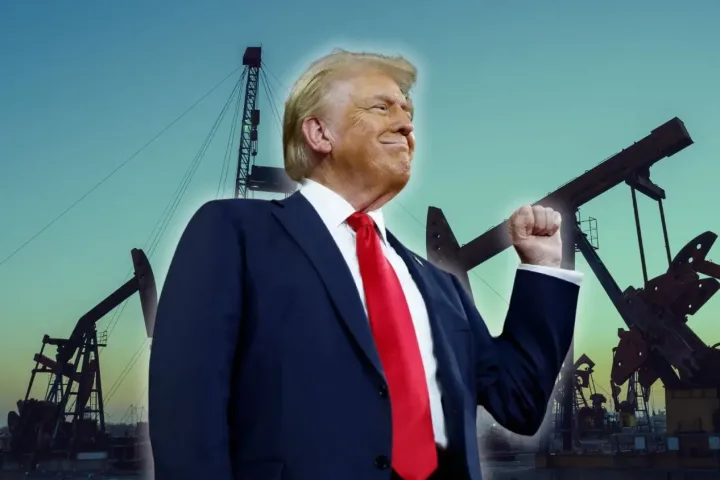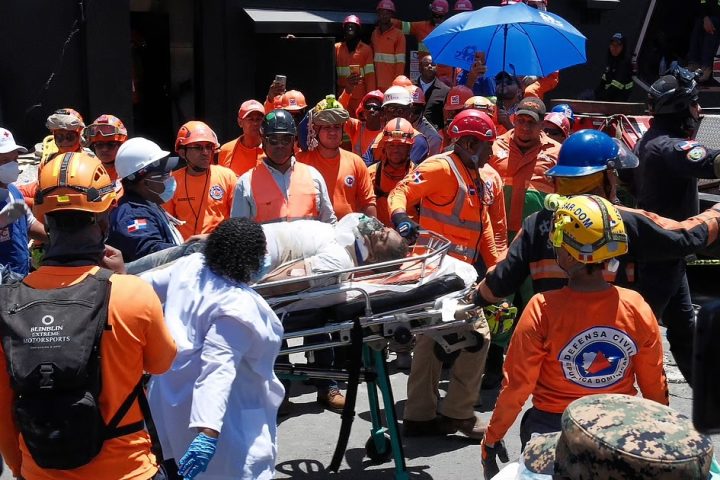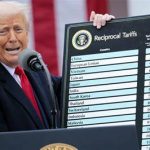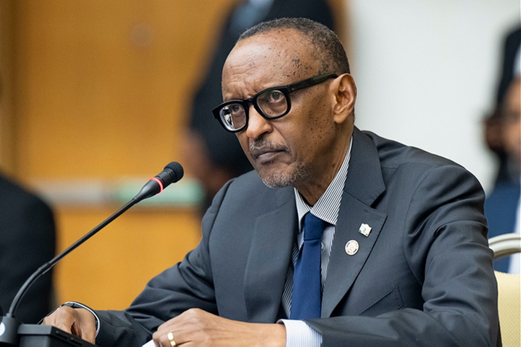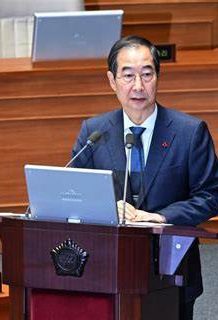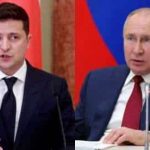The Supreme Court of the United States has ruled against the Trump administration’s request to keep billions of dollars in foreign aid frozen. However, the decision does not require an immediate release of funds.
The ruling allows lower courts to further determine how the government must comply with a temporary restraining order on the funds. This decision has sparked a divide among justices and is expected to have wider implications for other Trump-related legal matters.
Join our WhatsApp ChannelSupreme Court Decision and Its Implications
The Supreme Court ruling came in a 5-4 decision, with Chief Justice John Roberts, Amy Coney Barrett, Elena Kagan, Sonia Sotomayor, and Ketanji Brown Jackson forming the majority. The four dissenting justices—Samuel Alito, Clarence Thomas, Neil Gorsuch, and Brett Kavanaugh—expressed strong opposition to the decision.
The ruling relates to foreign aid from the State Department and the US Agency for International Development (USAID), which was frozen by Donald Trump in January as part of efforts to control government spending. Several nonprofit organisations reliant on these funds challenged the freeze, arguing that it violated Congress’s authority over government expenditures.
Justice Alito, in a dissenting opinion, criticised the decision, stating that he was “stunned” by the court’s allowance for a lower court judge to unfreeze the funds. The ruling does not compel the Trump administration to release the aid immediately but clears the way for the district court to enforce the payments.
Legal and Political Consequences
The case has drawn attention as it highlights tensions between the judiciary and the executive branch over financial authority. The Supreme Court’s decision indicates that lower courts will continue to have a role in determining how the funds should be distributed.
READ ALSO: ‘If War Is What The U.S. Wants, Be It Tariffs Or Trade War, We’re Ready’ – China Warns
Legal analysts suggest that the decision is an early indication of how the court may rule on upcoming Trump-related cases. The split between justices suggests future cases concerning Trump’s policies may see similar ideological divides.
Nonprofit organisations that rely on USAID funding have warned of the severe consequences of the aid freeze. In legal briefs submitted to the Supreme Court, these groups stated that the withheld funds support global health initiatives and life-saving programmes. They also argued that withholding the aid could harm US diplomatic relations and international stability.
Foreign Aid and Broader Political Developments
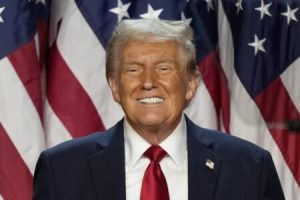
The Supreme Court ruling coincides with broader discussions about US foreign policy under Trump. The former president has sought to reduce foreign aid spending, arguing that such funds should be redirected to domestic priorities. However, critics argue that foreign aid helps to prevent international crises from reaching US shores.
The ruling comes at a time when Trump has also made significant trade policy moves. Recently, he announced a temporary one-month exemption on tariffs for cars entering the US from Canada and Mexico. This exemption follows industry backlash against a 25% tariff imposed a day earlier, which had caused stock market instability.
The decision to grant only a one-month reprieve has raised concerns among automakers, who argue that production adjustments require more time. White House Press Secretary Karoline Leavitt stated that Trump expects automakers to shift production back to the US. Canadian Prime Minister Justin Trudeau has also appealed for a broader exemption, but Trump remains firm on his stance regarding Canadian trade policies.
Global Reactions and US-Ukraine Relations
Beyond foreign aid and trade policies, the Supreme Court ruling comes amid growing tensions between the US and Ukraine. The Trump administration recently halted military aid to Ukraine and cut intelligence-sharing efforts. This move could significantly impact Ukraine’s ability to defend itself against Russian forces.
Officials familiar with the decision confirmed that Washington had stopped intelligence-sharing with Kyiv, restricting Ukraine’s access to real-time battlefield data. The move follows a tense meeting between Trump and Ukrainian President Volodymyr Zelenskyy. Trump has previously expressed scepticism about continued US support for Ukraine, arguing that European nations should contribute more to the country’s defence.
In response, Zelenskyy has signalled a willingness to negotiate with Trump, expressing regret over the tense meeting and offering to sign a deal granting the US economic benefits in Ukraine. The situation remains fluid, with US National Security Adviser Mike Waltz suggesting that military aid could be restored if negotiations progress.
China and US Trade Tensions Escalate
The Supreme Court ruling also comes amid rising US-China tensions. Trump recently imposed new tariffs on Chinese goods, prompting a strong response from Beijing. The Chinese government has vowed to retaliate, with officials warning that China is ready for a prolonged trade conflict.
A statement from the Chinese embassy in Washington stated that China is prepared to resist US economic pressure. The embassy’s message has been widely shared on Chinese social media platforms, reinforcing the country’s stance against US trade policies.
The tensions between the two global powers could have long-term economic consequences. Analysts note that China has been investing heavily in its economy to counteract US trade measures. While Beijing has downplayed its military spending, experts believe China is actively strengthening its defence capabilities.
Emmanuel Ochayi is a journalist. He is a graduate of the University of Lagos, School of first choice and the nations pride. Emmanuel is keen on exploring writing angles in different areas, including Business, climate change, politics, Education, and others.
- Emmanuel Ochayihttps://www.primebusiness.africa/author/ochayi/
- Emmanuel Ochayihttps://www.primebusiness.africa/author/ochayi/
- Emmanuel Ochayihttps://www.primebusiness.africa/author/ochayi/
- Emmanuel Ochayihttps://www.primebusiness.africa/author/ochayi/





